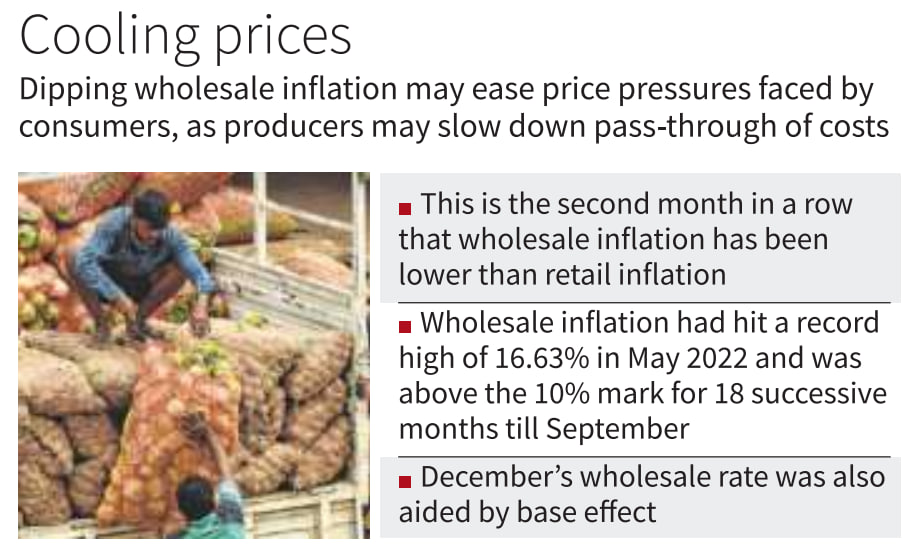Free Courses Sale ends Soon, Get It Now


Free Courses Sale ends Soon, Get It Now



Copyright infringement not intended
In News:
What is Inflation?
Wholesale Price Index:
Who publishes WPI in India and what does it show?
Major components of WPI:
Limitations of WPI:
What are the implications of WPI for the economy, industry, investors and consumers?
How can the government control high WPI?
WPI and its Significance
https://epaper.thehindu.com/Home/ShareArticle?OrgId=G37AOQ834.1&imageview=0
© 2024 iasgyan. All right reserved